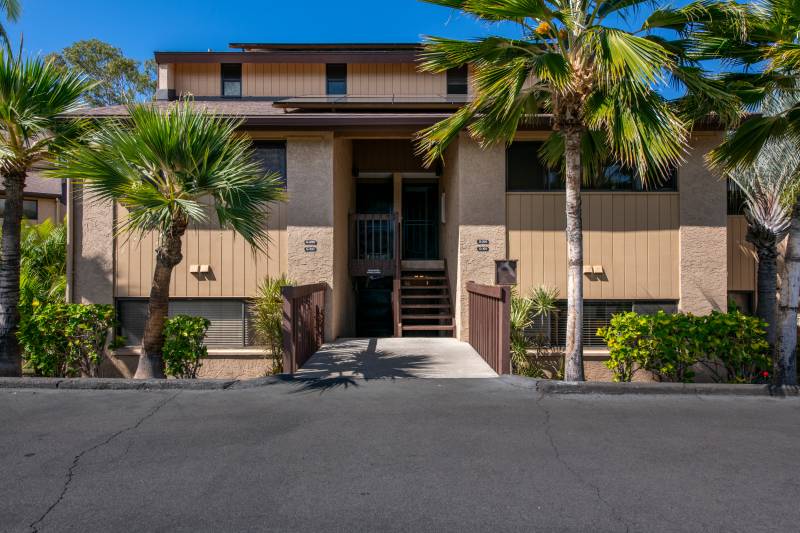Maximize Property Profits: Rent or Sell Your Investment Property?
In today’s real estate landscape, I often field inquiries from sellers and investors seeking advice on whether to sell or rent out their property. They are eager to determine whether continuing to rent out the property or selling it could yield a potentially significant profit. It’s a complex question that demands careful consideration and a comprehensive evaluation of multiple factors. Let’s explore the essential points to guide you towards making an informed decision:
1. Assess Market Dynamics
Start by evaluating the present real estate market. Determine whether it leans towards a seller’s market characterized by high demand and escalating prices, or a buyer’s market with increased inventory and more competitive pricing. A clear grasp of market dynamics can significantly impact your choice between selling or retaining ownership of your property. Consulting your real estate agent for a comprehensive assessment of your property’s value and a recommended selling price can provide invaluable insights to aid in your decision-making process.

2. Financial Analysis
Assess the potential financial impacts of both renting and selling your property. As a Hawaii Life agent, I’m uniquely positioned to offer comprehensive insights into both selling and rental options. Leveraging Hawaii Life’s rental division, I can provide sellers with long-term rental rate estimates, connect them with property managers along with their associated fees, and offer a recommended selling price. By comparing these financial projections, sellers can discern which option promises superior returns over the long term.
3. Align with Investment Objectives
Reflect on your investment objectives. Are you seeking steady rental income, long-term appreciation, or a quick profit? Your goals and investment strategy should align with the decision to rent or sell. For example, if you’re nearing retirement and prefer passive income, renting might be the better option. Conversely, if you’re looking for a lump sum of cash to reinvest elsewhere with a 1031 exchange, selling could be more suitable.

4. Evaluate Rental Market
Analyze the rental market in your property’s location. Is there strong demand for rental properties? What are the prevailing rental rates, vacancy rates, and tenant preferences? Understanding the rental market dynamics can help you gauge the potential rental income and occupancy levels, crucial factors in deciding whether to rent out your property.
5. Manage Time and Effort
Take into account the time and effort involved in managing a rental property compared to selling it. Renting out a property requires ongoing tasks like tenant screening, lease management, maintenance coordination, and property inspections. While some individuals may hesitate to hire a property manager, it’s essential to recognize how much they can alleviate stress and streamline operations. Conversely, selling a property entails one-time activities such as listing the property, negotiating offers, and facilitating the closing process. Evaluate your capacity and willingness to handle these responsibilities effectively.

6. Understand Tax Implications
Seek guidance from a tax advisor to grasp the tax ramifications of renting versus selling your investment property. Distinct tax regulations govern rental income, capital gains from property sales, Hawaii real estate withholding (HARPTA), depreciation deductions, and 1031 exchange options. A tax professional possesses the expertise to assess these tax implications and tailor your financial strategy accordingly, ensuring optimal outcomes for your investment.
7. Anticipate Market Trends
Consider the future prospects of the real estate market in your property’s location. Are there anticipated changes or developments that could impact property values or rental demand? Factor in long-term trends and forecasts when making your decision, as it could influence the property’s potential appreciation or rental income.
The decision to rent or sell your investment property hinges on various factors including market conditions, financial goals, and personal preferences. By conducting a thorough evaluation and seeking professional advice, you can make a strategic choice that maximizes your property profits and aligns with your investment objectives. Remember, the right decision is the one that suits your unique circumstances and sets you on the path towards long-term success in real estate investment. With aloha, Leeana




Leave your opinion here. Please be nice. Your Email address will be kept private, this form is secure and we never spam you.